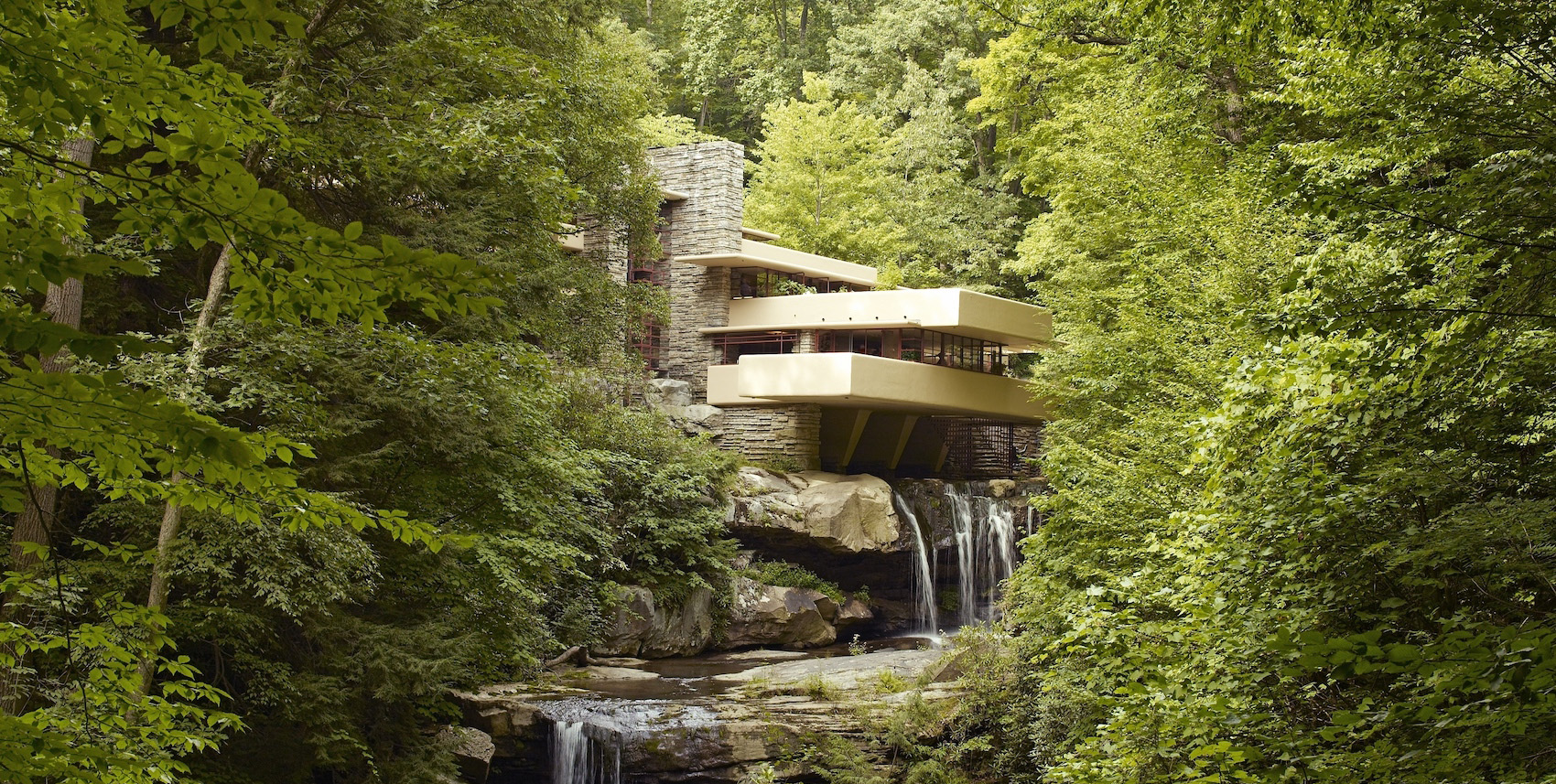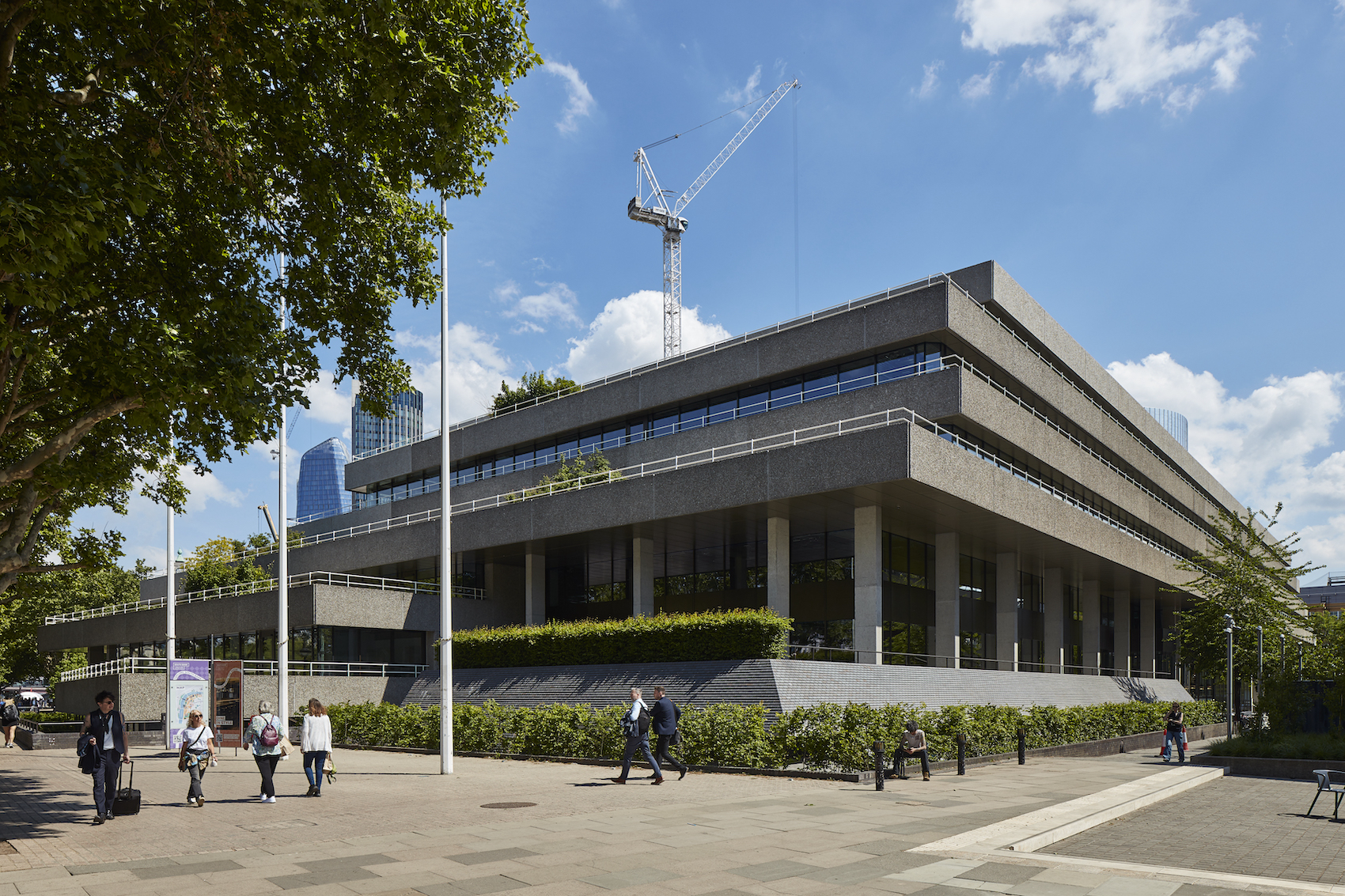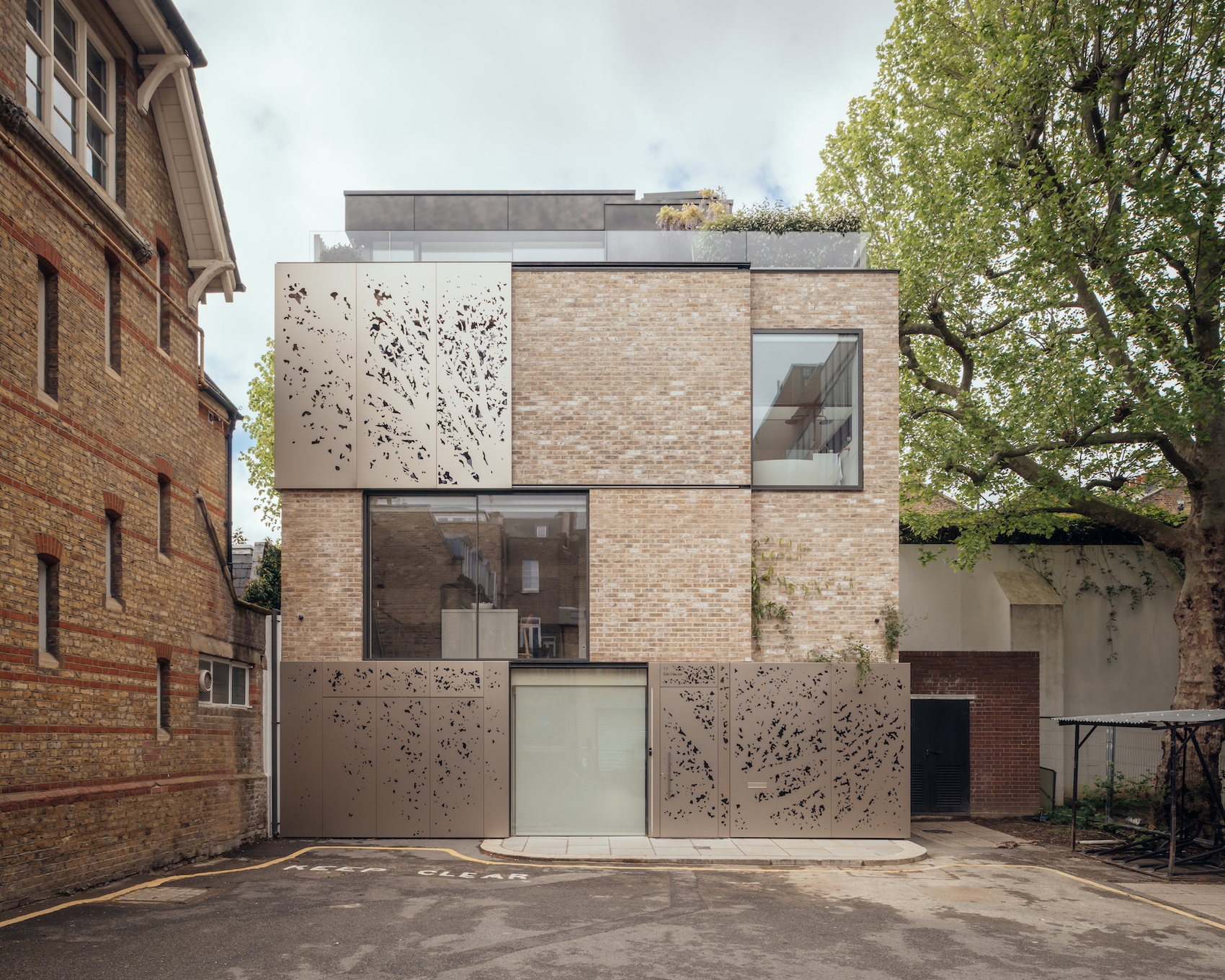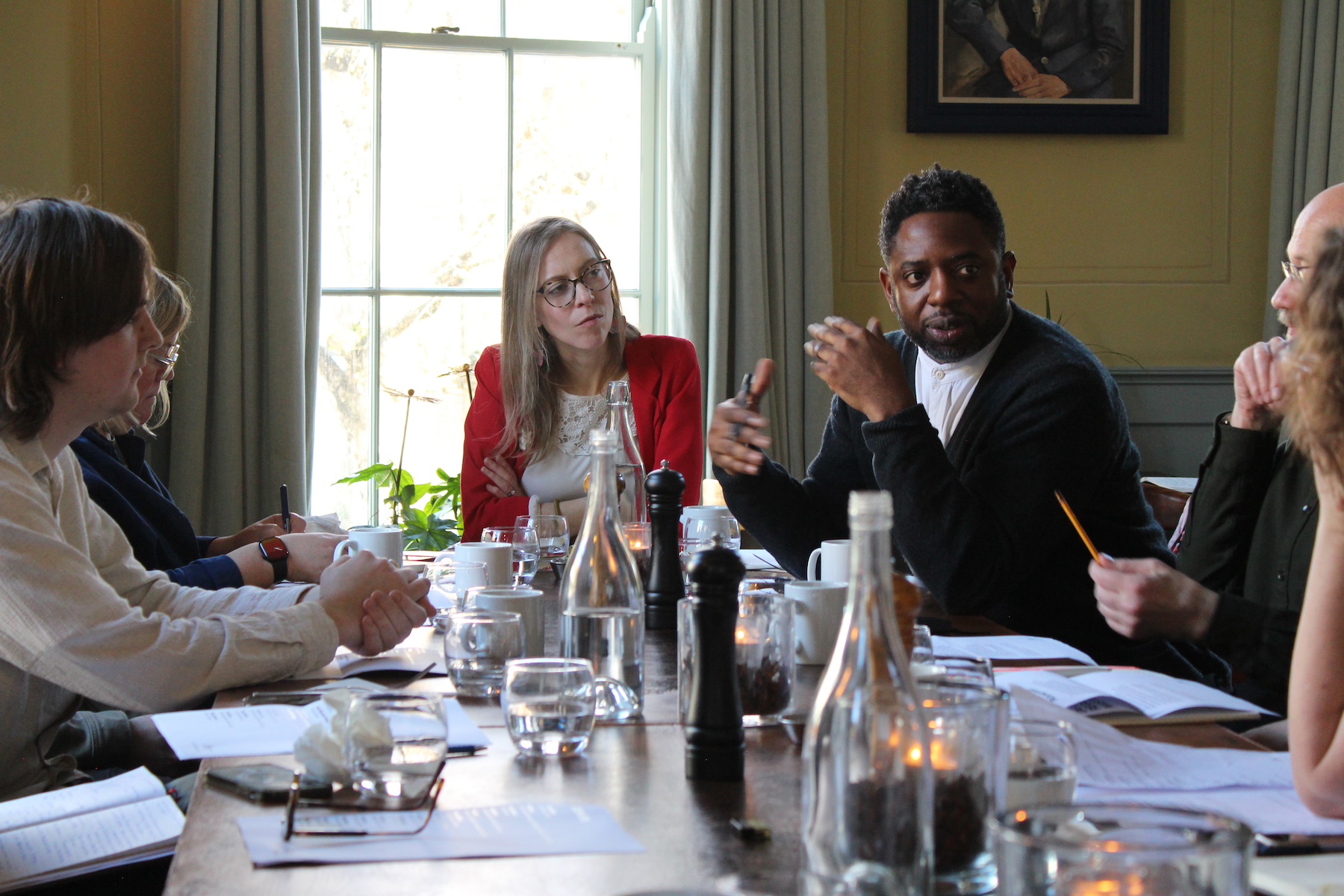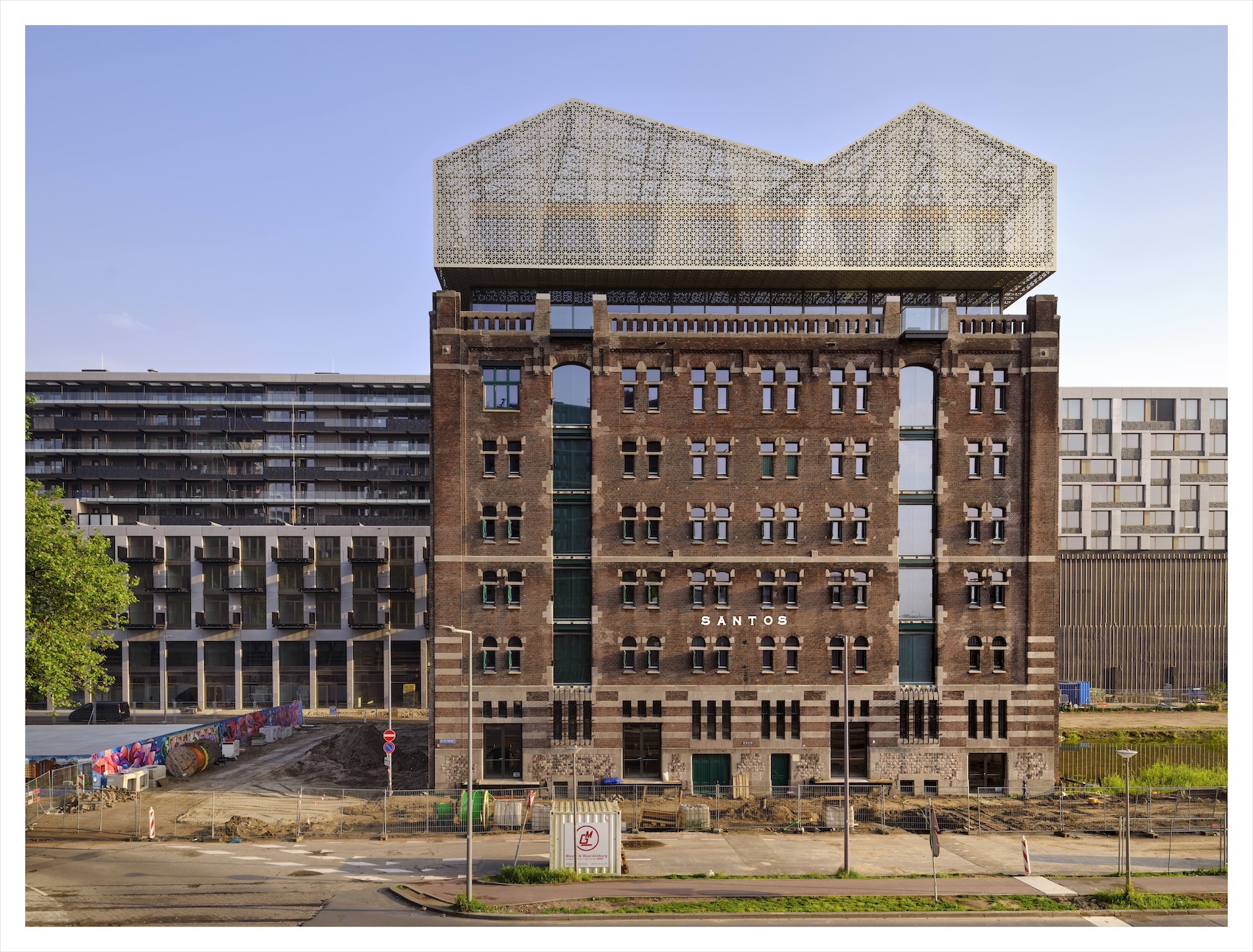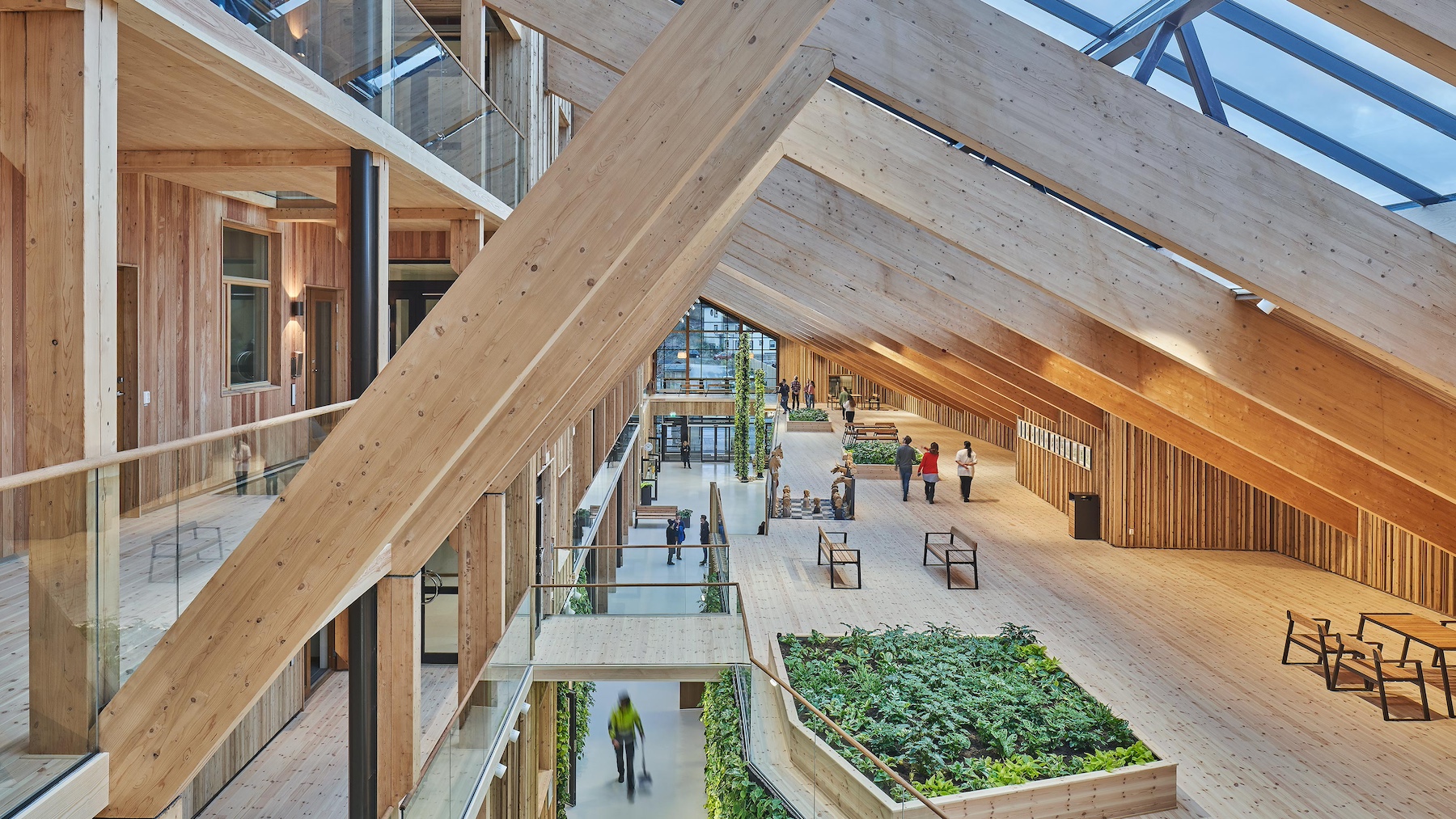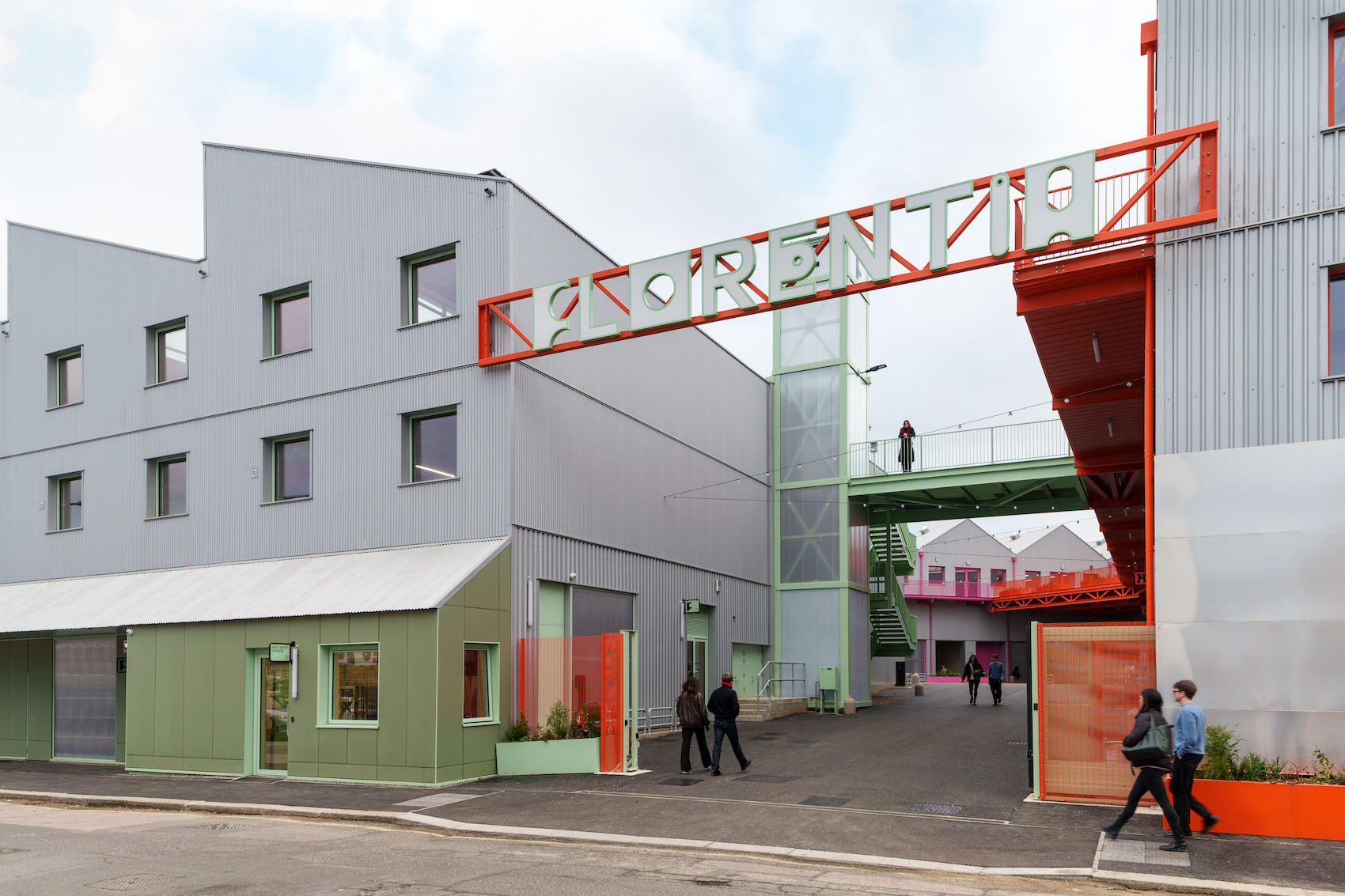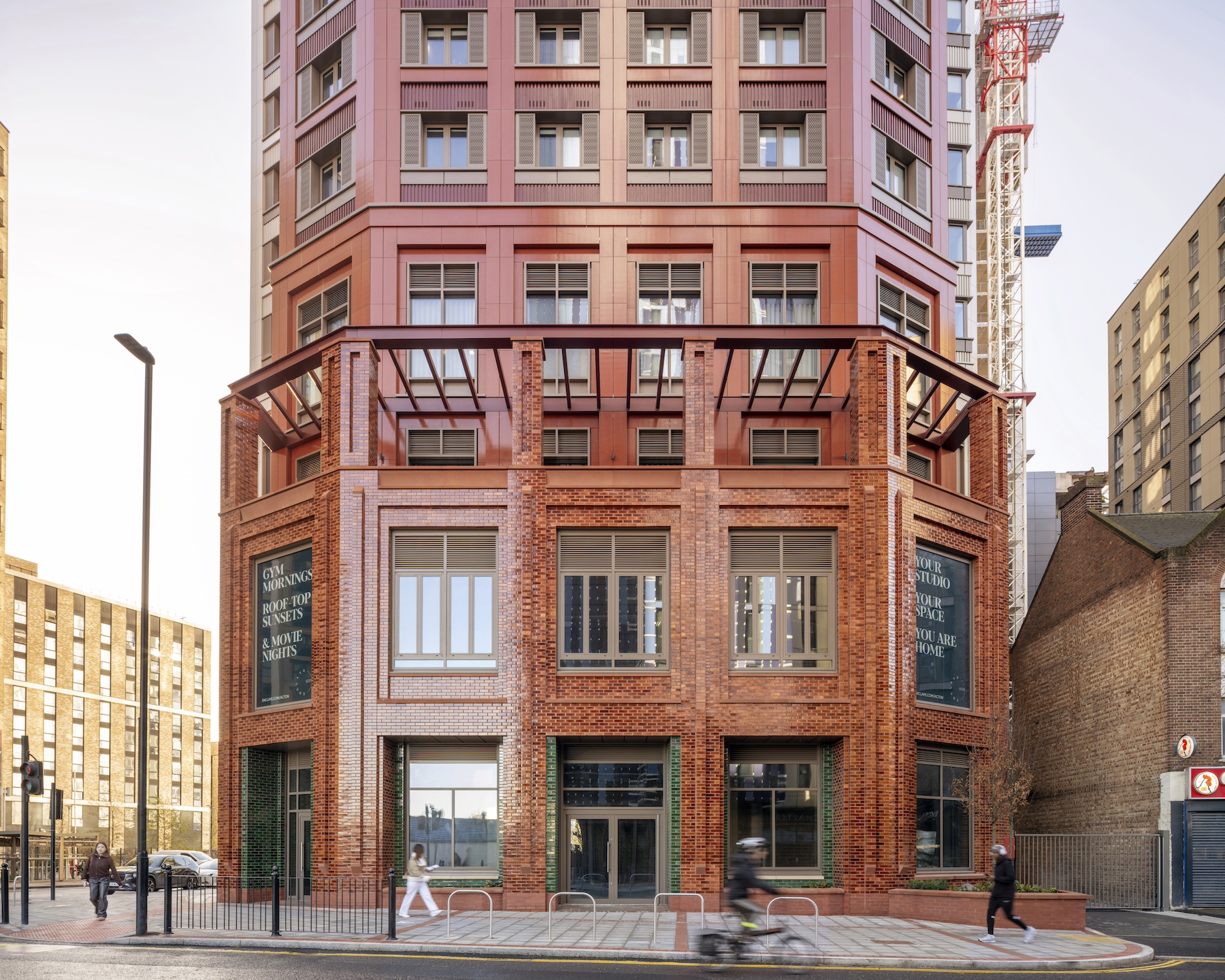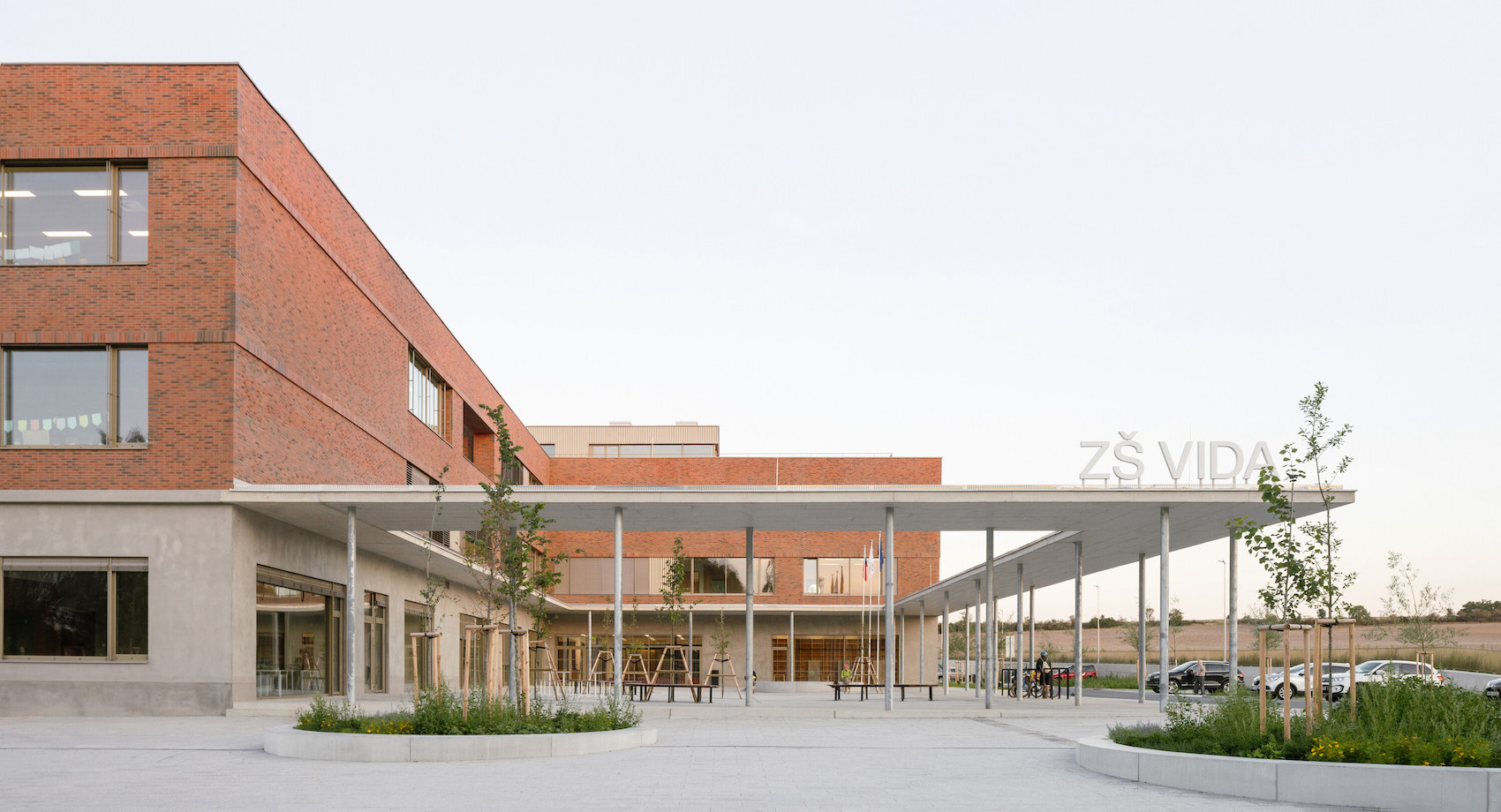Roman Krznaric, Phoebe Tickell and Immy Kaur have been announced as Ambassadors for the inaugural Regenerative Architecture Index (RAI).

From left to right: Social philosopher Roman Krznaric, Imagination Activist Phoebe Tickell and CIVIC SQUARE co-founder and director Imandeep Kaur.
Launched by Architecture Today and UK Architects Declare the Regenerative Architecture Index (RAI) rejects the notion of ranking practices by profitability and size, instead benchmarking participating practices on their regenerative policies, actions and working practices. Its aim is to share best practice, celebrate success, and communicate this work to the wider construction industry to raise awareness and act as a catalyst for regenerative practice across the industry. The RAI invites practices to answer questions under three broad headings, and each of the Ambassadors has been invited to focus on the category that reflects their particular expertise.
Roman Krznaric, a social philosopher who writes about the power of ideas to create change, will be helping to assess Part 1: Being a good ancestor, which looks at evidence of long-term thinking and a concern for the well-being of future generations. The subject matter relates closely to his latest book, the international bestseller The Good Ancestor: How to Think Long Term in a Short-Term World. Krznaric’s previous books, including Empathy, The Wonderbox and Carpe Diem Regained, have been published in more than 25 languages. He is Senior Research Fellow at Oxford University’s Centre for Eudaimonia and Human Flourishing and founder of the world’s first Empathy Museum. His new book, History for Tomorrow: Inspiration from the Past for the Future of Humanity, will be published in July 2024.
Phoebe Tickell, an Imagination Activist, whose approach to changing the world lies in the imagination – reimagining our relationship to ourselves, each other, the planet and the future, will be focussing on Part 2: Co-evolving with nature, which looks at measures to support a mutually enriching coexistence with the natural world. A former scientist, she left her job in molecular biology in 2016 and became a ‘renegade scientist, systems thinker and social entrepreneur’, consulting organisations, governments and movements on systemic change and how to transition into an ecological paradigm. In 2020, she founded Moral Imaginations to work at a deeper level to change mindsets, values and worldviews to bring about an ecological society. Moral Imaginations helps reimagine society with nature, future generations and a new vision of ethics, ontology, cosmology and epistemology at the core. She consults with and advises clients in government, the corporate sector and not-for-profit sector and she is an international keynote speaker. She has a first class degree in Natural Sciences from Cambridge, is an Associate Lecturer at Schumacher College, the Foresight Institute’s 2021 Existential Hope Fellow and one of 500 Edmund Hillary Fellowship Impact Fellows.
Imandeep Kaur, co-founder and director of CIVIC SQUARE, concentrate on Part 3: Creating a just space for people, which looks at issues around inclusivity, diversity, equality and engagement. Throughout her career, she has focused on convening and building community, the role of citizens in radical systemic change, and how we together create more democratic, distributed, open source social and civic infrastructure, and is currently part of a creative and dynamic leadership team who work alongside the local neighbourhood, to offer a bold approach to visioning, building and investing in civic infrastructure for neighbourhoods of the future. Immy was a founding director of Impact Hub Birmingham, which was open from 2015-2019 working to help build a fairer more equal and just city and was named a NESTA New Radical in 2018. In 2019 Immy was awarded an Honorary Doctorate from Aston University’s School of Life & Heath Sciences for services to the city of Birmingham and she received an Ashoka Fellowship in 2020.

The deadline for entries for the Regenerative Architecture Index is Friday 17th May.
The results will be published in September 2024 on the Architecture Today website and in a special issue of Architecture Today. Graphs and tables indicating practices’ progress in specific areas will accompanied by case studies, commentary and analysis designed to produce a comprehensive compendium of best practice in the transition to regenerative architecture. Just as importantly, the RAI will also identify obstacles to progress, encouraging peer-to-peer knowledge sharing and advice, but also identifying any tools, methods or policy interventions required to support the transition to a low-carbon, high well-being and resilient future.
The Index is not a conventional awards programme – the focus is educational rather than competitive, with an evolving series of activities based on benchmarking, sharing experience and acknowledging challenges and mistakes.
Architects Declare co-founder Michael Pawlyn said “We’re delighted to be launching the Regenerative Architecture Index with Architecture Today. This is consistent with Architects Declare’s mission to promote the shift from sustainable to regenerative design. The index will be a great way to recognise those who are showing leadership and to share knowledge with all our signatories.”
Enter the Regenerative Architecture Index
For further information contact isabel.allen@architecturetoday.co.uk


